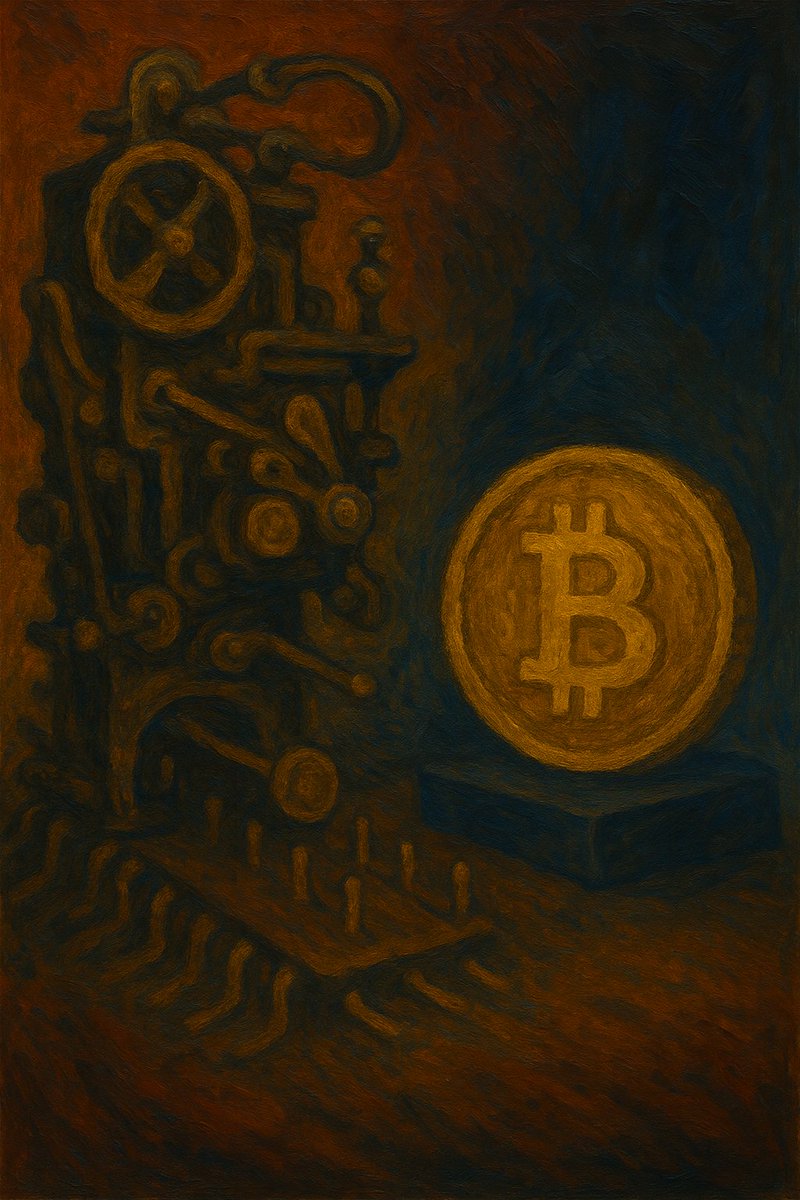
Polymath. Multiple PhDs. I read the sources, follow the logic, and dismantle the slogans—credentials are real; outrage is not. No mercy for bad arguments. Ever.
24 subscribers
How to get URL link on X (Twitter) App


 Lightning is not a “layer” in the capitalist sense; it’s an off-chain credit network. That means the discipline of the blockchain — the immutable, timestamped record that prevents fraud and guarantees settlement — is absent. You get promises to pay, not payments. And promises, when concentrated in a few well-capitalised hubs, are indistinguishable from the old banking model where access depends on favour, compliance, and scale.
Lightning is not a “layer” in the capitalist sense; it’s an off-chain credit network. That means the discipline of the blockchain — the immutable, timestamped record that prevents fraud and guarantees settlement — is absent. You get promises to pay, not payments. And promises, when concentrated in a few well-capitalised hubs, are indistinguishable from the old banking model where access depends on favour, compliance, and scale.